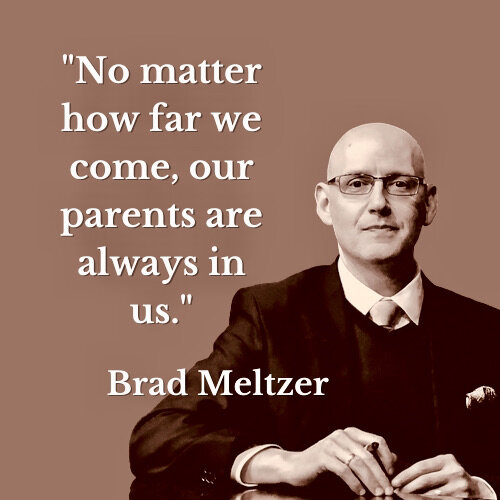In Recognition of Global Day of Parents
The Backstory
The Global Day of Parents has its origins in 1930 Korea, where some Christian communities in Korea began celebrating Mother’s Day. Subsequently in 1956, The State Council of South Korea declared May 8 as Mother’s Day which eventually became as Parents Day and is a national holiday. Fast forward to 1994 USA, when President Bill Clinton signed a Congressional Resolution into law for supporting, uplifting and recognizing the role of parents for nurturing children. As a result, the fourth Sunday of July of every year was declared as a parents day holiday. Then in 2012, the United Nations designated June 1st as Global Day of Parents, a.k.a. World Day of Parents, to honor parents throughout the world. The purpose is to the sacrifices and affections of parents, grand parents and even great grandparents have towards their children. The day aims to reinforce of the importance of parenthood as parents are children’s first teachers and initial source of human interaction. The day is observed with program that promote the stability of nuclear families.
A Tribute to My Parents
(Portions of this tribute are taken from my speech Through the Eyes of a Child)
The Nurturer and The Provider
Although things fell apart during my senior year of high school, their example showed me the benefits of coming from a traditional family household, especially during a child’s formative years. Seeing them separated taught me that: 1. it is important to acknowledge and work though the challenge of whatever particular family dysfunction we are given; 2. who you choose as a spouse is something not to be taken lightly; 3. children need both parents in their lives.
The Nurturer
I was born at the dawn of the Civil Rights Movement in the year of Emmitt Till’s death and three weeks after Rosa Parks’ arrest. By the time Martin Luther King, Jr. rose to prominence, my parents had established themselves in El Barrio where my earliest memories began. In those days, El Barrio was much more diverse than I believe it is today. My mother, who was a housewife, would help me to conduct experiments with my little chemistry set, taught me botany using kidney beans to illustrate the growth process of plants, how to sew - to keep me out of her way while she was sewing, took me on trips to the local library, and to the Museum of the City of New York where I was always fascinated with the giant dollhouse display.
I remember how patient she was when she taught me how to write the alphabet. The perfectionist in me would get so frustrated and ready to throw a tantrum when I made a mistake. She showed me how to learn from those mistakes and rhythmically recited the movements that I should make as I moved my pencil across the paper, “Down and around and across” as she showed me how to make the first letter of my name. Her tone said, “see how easy this is?” And I was encouraged. Suddenly, it was easy! She stood tall back then. Looking up to her with adoration, I saw her as second only to God. Back then, at 5 feet, if that, she towered over me. Now it's the other way around, except that I still see her as second only to God.
The Provider
I’ll always remember how my father’s body trembled with emotion when he said those words. The emphasis that he placed on “black”communicated two things: 1. something was amiss; 2. I had better adapt, but to what I had no clue. All I knew was there was a concept of categorizing people by color which led me to a new dilemma: If I’m black and Andy is white, what does that make Judy? Even though it is always there, nothing raises people’s consciousness of their connectedness to one another than disaster and tragedy such as Katrina, 9.11, and The Insurrection. I believe that children, because of their inability to articulate like adults, have a heightened sense of connectedness. With my ability to reason in only concrete terms, I sought an appropriate color designation for Judy. So at five years old, I concluded, based on my father’s logic, that Puerto Ricans were the grey people.
Unbeknownst to me at the time, my father, who held an MBA in finance, could not get a job on Wall Street. When he showed up for interviews, security would show him the service entrance. When he landed a job at a major department store, he endured the humiliation of people coning to see the black man - if he was even referred to as such - who had an MBA and worked as a clerk. He left that job, worked in government, and eventually used his degree by serving the El Barrio community as a civic leader.
With the Civil Rights Movement as backdrop, my father protected us from the indignities that black Americans suffered by maintaining:
the strength to refrain from making disparaging remarks about people of other races;
the expectation that we excel in school and by providing positive black role models to show us the possibilities for our futures in the form of our music teacher, our pediatrician and family physicians, and by chairing strategy meetings in our home with other community leaders;
by providing a stable home life that gave me a sense of security in the knowledge that my mother, who hosted those strategy meetings and assisted my father with speech writing, was home while I was at school and when I returned.



